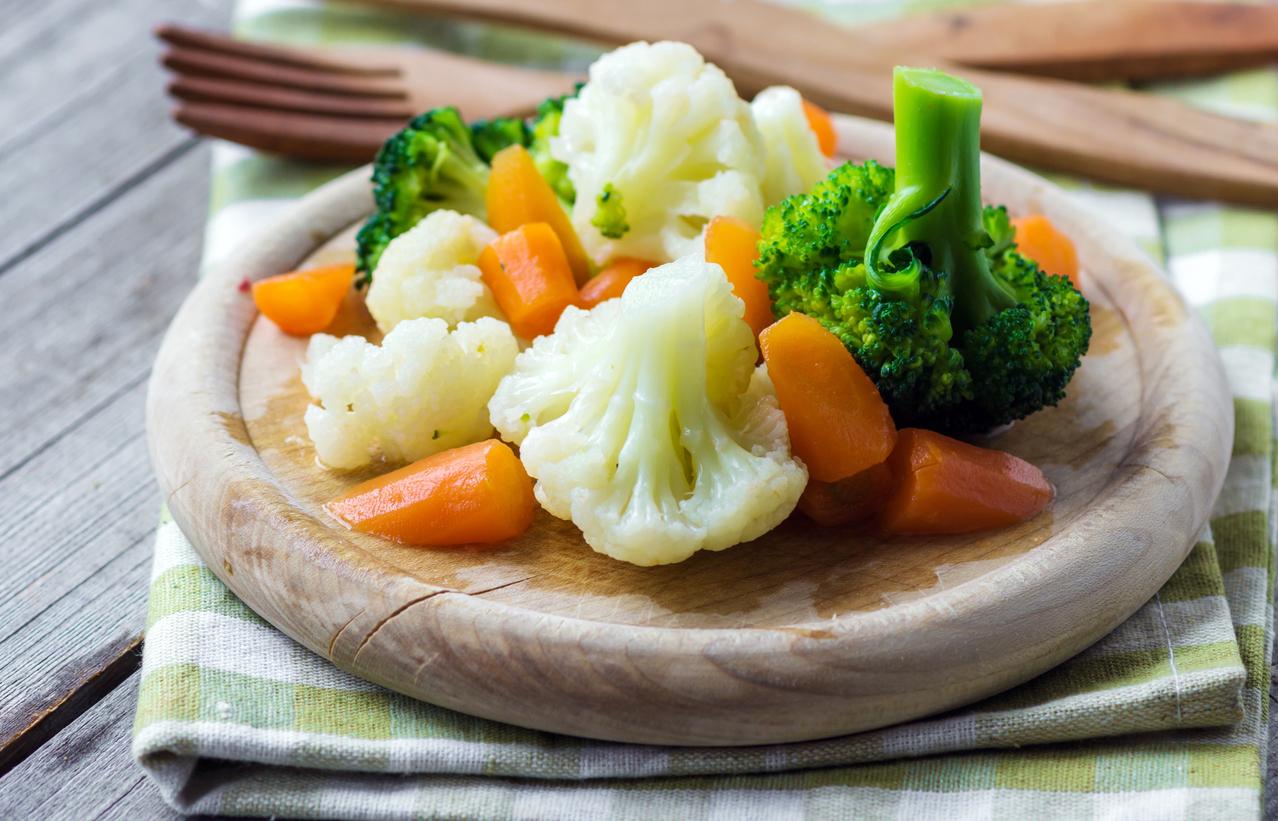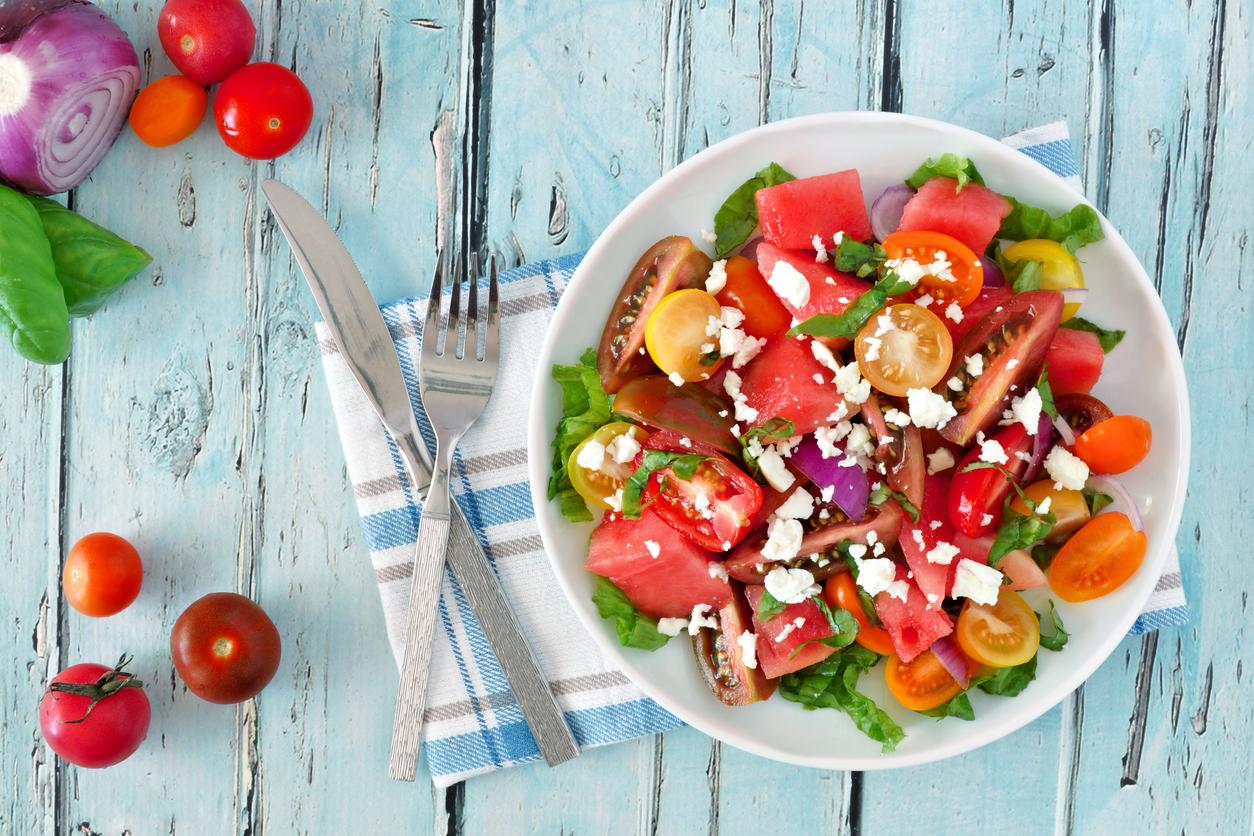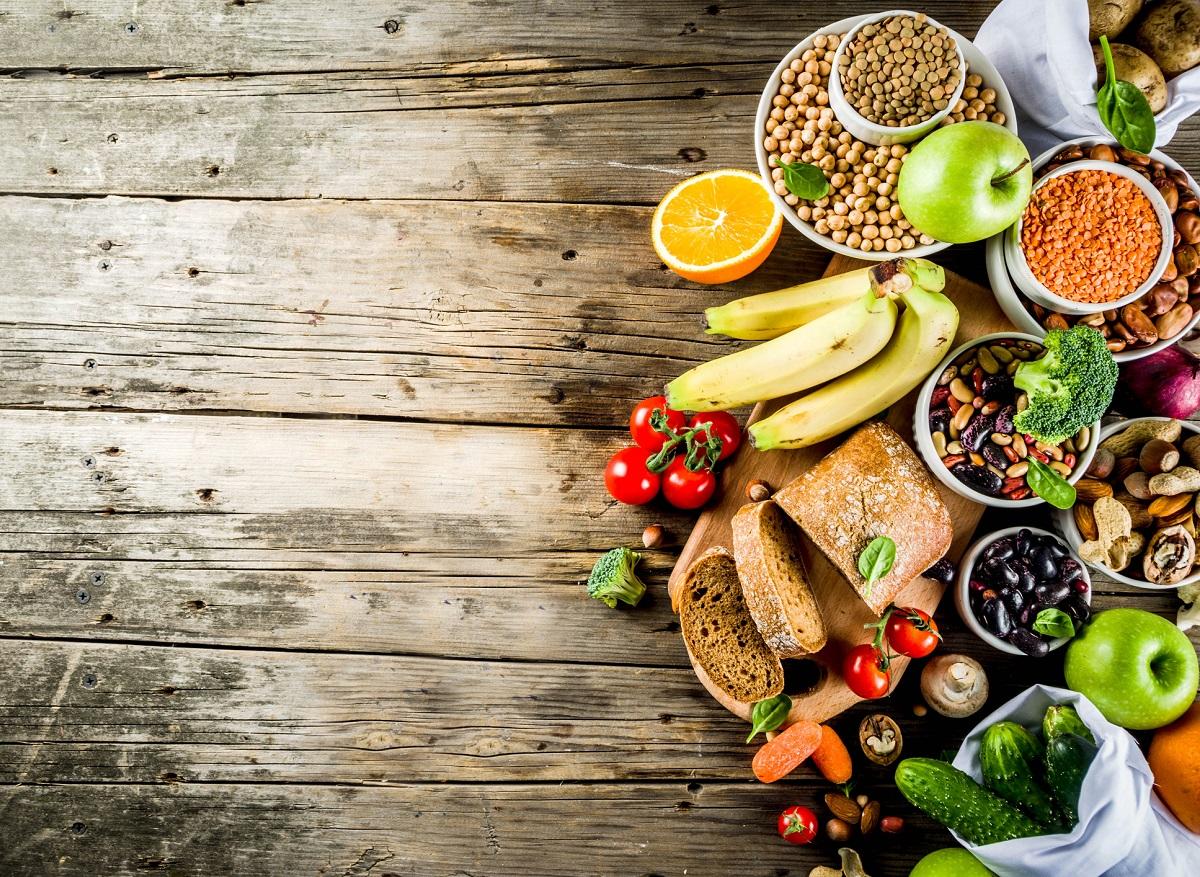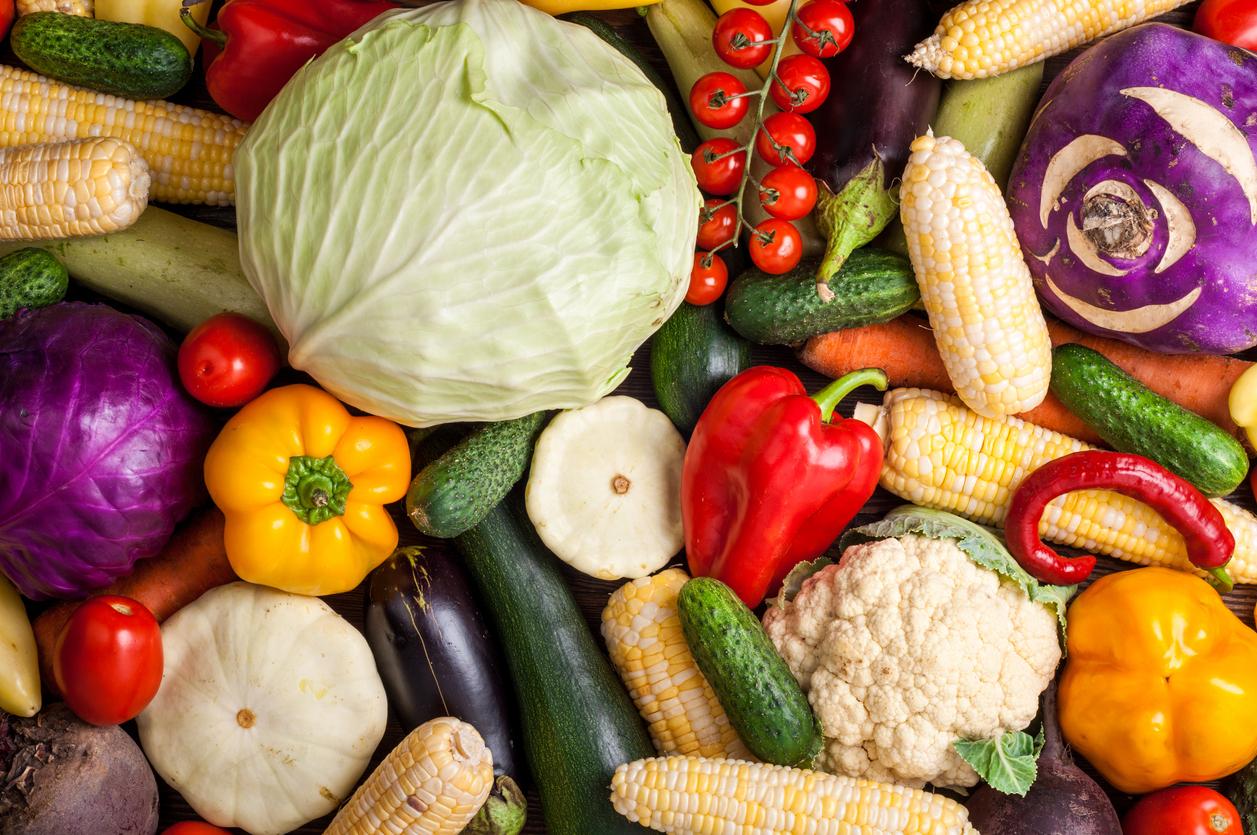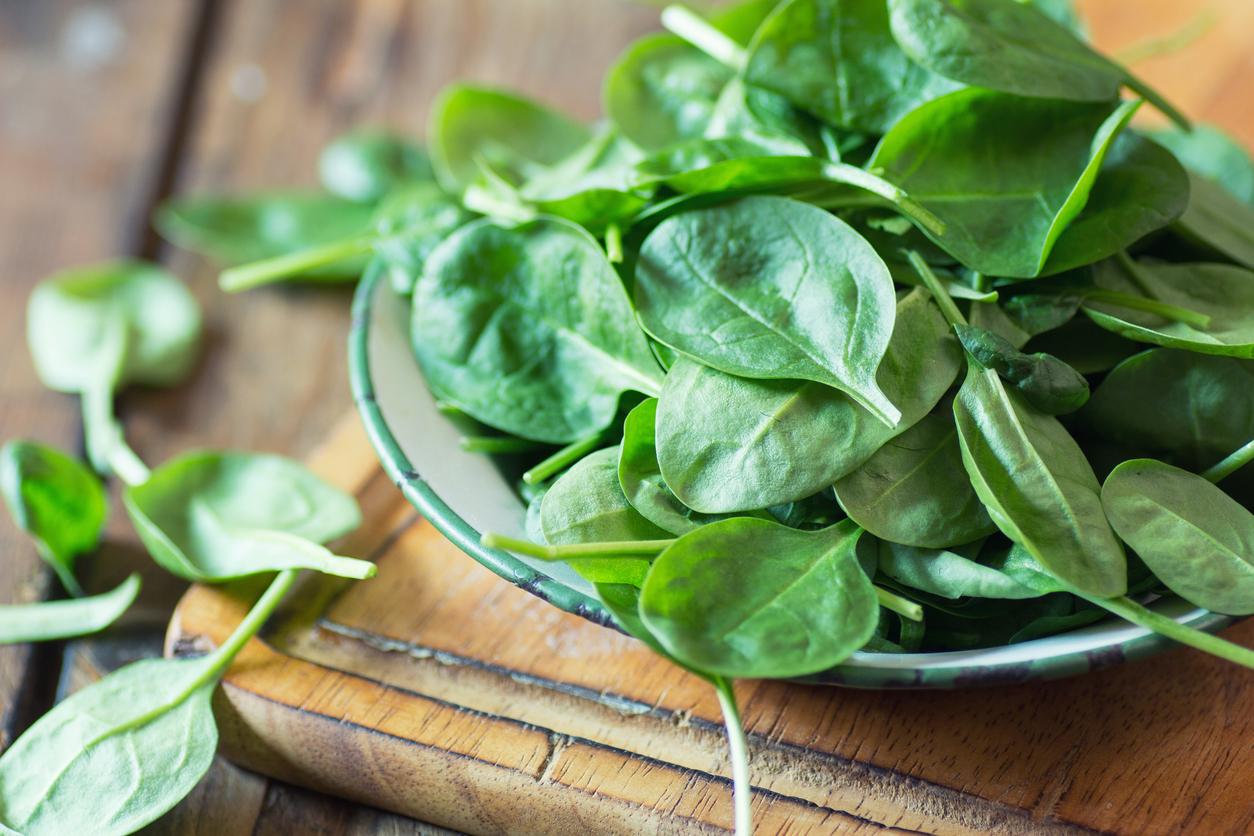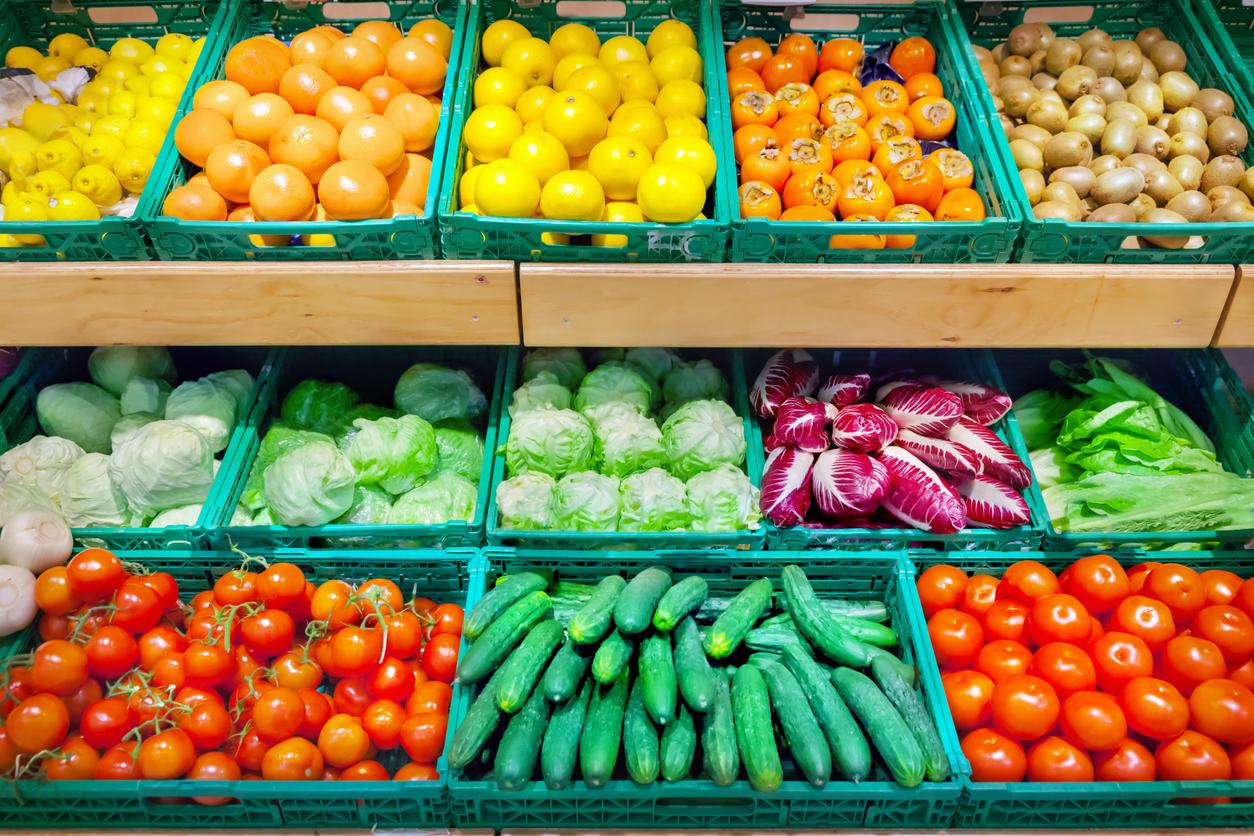Previous scientific studies have highlighted the preventive effect of cruciferous vegetables (cabbage, cauliflower, watercress, turnip, radish, broccoli, etc.) against cancer, due to their concentration of glucosinolates. These new findings provide evidence that these vegetables improve cardiovascular health in older women, according to the results of a study published in the medical journal Journal of the American Heart Association.
Researchers from the Edith Cowan and Western Australia Universities in Australia conducted a study with 1,500 women over the age of 70 to understand the impact of a plant-based diet in general, and the effects of eating certain kinds of vegetables, on the health of the arteries. For the research, participants reported their eating habits and had carotid artery ultrasounds done at baseline and 3 years later.
“This is one of the few studies that has explored the potential impact of different types of vegetables on measures of subclinical atherosclerosis, the underlying cause of cardiovascular disease,” said Lauren Blekkenhorst, lead author of the study.
Cabbage and broccoli protect our arteries
The results of the study showed that women who eat vegetables show the least signs of thickening of the walls of the carotid artery, a vessel that supplies blood to the brain and whose wall thickness is correlated with risk ofstroke. Cruciferous vegetables (broccoli, Brussels sprouts, cabbage, cauliflower and kale) have been shown to be the most effective in protecting the arteries. In fact, the consumption of 3 servings of vegetables or more per day is associated with carotid artery walls thinner on average by 4.6% compared to consumption < 2 servings per day.
Scientists have observed that each additional 75 g serving of vegetables per day is correlated with 0.011 mm less thickness of the carotid artery wall.
“After adjusting for lifestyle, the factors of cardiovascular risk (including drug use) as well as other types of vegetables and dietary factors, our results showed a protective association between cruciferous vegetables and carotid artery thickness. These identified differences in arterial wall thickness are “clinically significant” because a 0.1mm decrease in carotid arterial wall thickness is associated with a 10-18% decrease in the risk ofmyocardial infarction“, conclude the authors of the study.
Read also :
Broccoli on the plate to reduce the risk of liver cancer
Broccoli, the enemy of cancer cells
Broccoli, a new anti-pollution weapon










